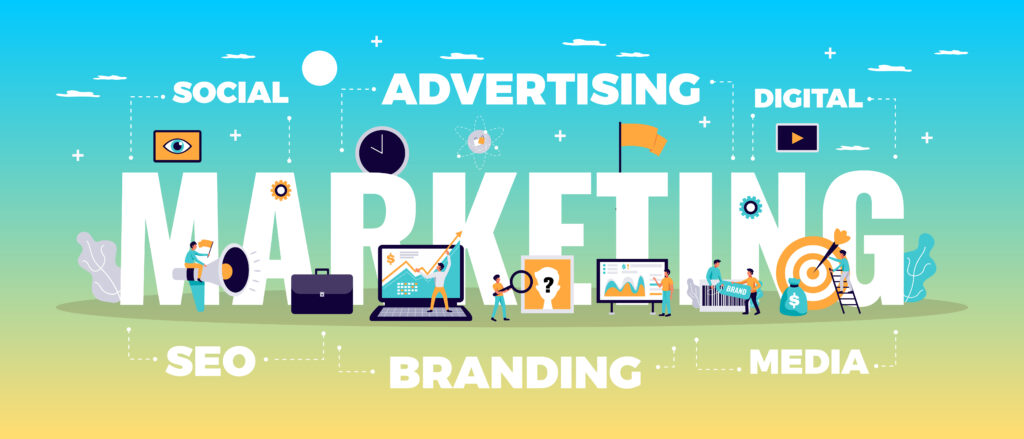
As we venture further into 2024, the landscape of marketing continues to evolve, with digital marketing taking center stage. Businesses across the globe are increasingly recognizing the importance of online presence, leading to a significant rise in demand for digital marketing services. Here are several key reasons why digital marketing is in high demand this year.
1. Shifting Consumer Behavior
The way consumers interact with brands has drastically changed. With the proliferation of smartphones and high-speed internet, more people are shopping online than ever before. In 2024, it’s estimated that over 70% of all purchases will involve some form of digital interaction. This shift necessitates businesses to adopt digital marketing strategies to engage customers where they spend their time. Companies that fail to adapt risk losing market share to more digitally savvy competitors.
2. Data-Driven Decision Making
Digital marketing offers a level of measurement and analysis that traditional marketing cannot match. In 2024, businesses are increasingly relying on data analytics to understand consumer behavior, preferences, and trends. This data-driven approach allows marketers to tailor their strategies for better engagement and conversion rates. Tools such as Google Analytics, social media insights, and customer relationship management (CRM) systems enable companies to make informed decisions, enhancing their marketing efforts’ effectiveness.
3. Cost-Effectiveness
Compared to traditional marketing channels, digital marketing is often more affordable and offers a higher return on investment (ROI). In 2024, small and medium-sized enterprises (SMEs) are recognizing the cost benefits of digital marketing strategies like search engine optimization (SEO), pay-per-click (PPC) advertising, and social media marketing. These tactics allow businesses to reach a larger audience without the hefty price tag associated with print ads, billboards, or TV commercials.
4. Personalization and Customer Engagement
In today’s competitive market, personalization is key. Consumers expect brands to understand their needs and preferences. Digital marketing enables businesses to create personalized experiences through targeted advertising and tailored content. By utilizing tools like email marketing and social media retargeting, companies can engage their audience on a more personal level. This personalized approach not only fosters customer loyalty but also drives higher conversion rates, making it a crucial component of marketing strategies in 2024.
5. The Rise of Social Media Influencers
Social media platforms continue to be powerful marketing channels, and the influencer marketing trend shows no signs of slowing down in 2024. Brands are leveraging influencers to reach niche audiences and build trust. Collaborating with influencers allows businesses to tap into their followers, driving brand awareness and engagement. As consumers increasingly look to social media for recommendations, the demand for effective influencer partnerships is on the rise.
6. Emergence of New Technologies
The rapid advancement of technology is transforming the digital marketing landscape. In 2024, emerging technologies such as artificial intelligence (AI), virtual reality (VR), and augmented reality (AR) are becoming integral to marketing strategies. These technologies enable businesses to create immersive experiences that capture consumer attention and enhance engagement. As companies adopt these innovations, the demand for digital marketing expertise will continue to grow.
7. Global Reach
Digital marketing allows businesses to reach a global audience without the geographical constraints of traditional marketing. In 2024, more brands are recognizing the potential of expanding their market reach through digital channels. E-commerce platforms, social media, and search engines provide businesses with the tools to connect with customers worldwide, making digital marketing an essential aspect of any growth strategy.
Conclusion
As we move through 2024, the demand for digital marketing will only continue to increase. The changing consumer behavior, data-driven strategies, cost-effectiveness, personalization, the rise of influencers, new technologies, and global reach all contribute to the necessity for businesses to embrace digital marketing. Companies that invest in these strategies will not only survive but thrive in an increasingly competitive landscape.